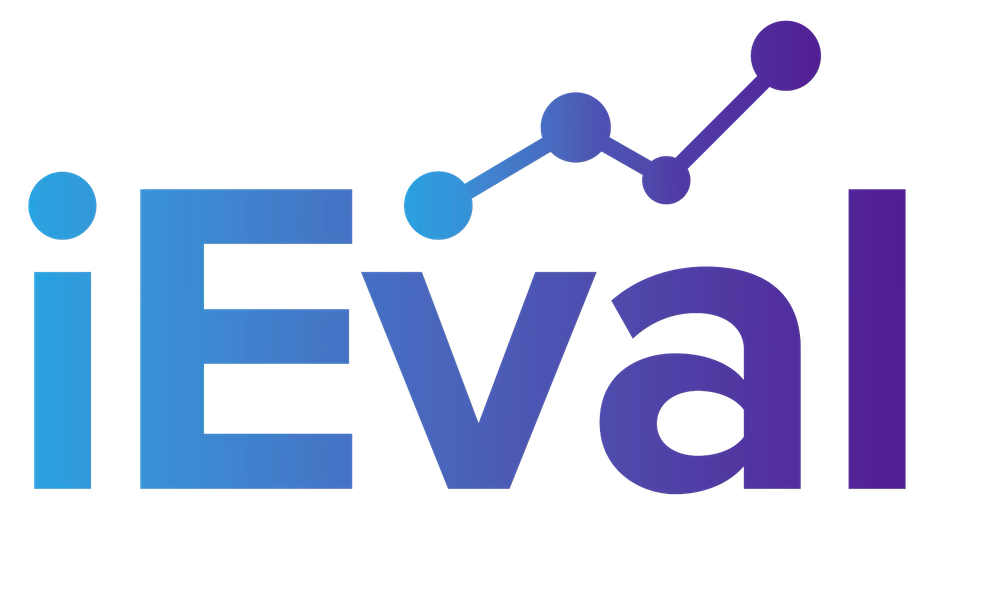This past week I was honored to have the iEval team come together to celebrate my 5 year anniversary of consulting with iEval. This milestone has made be pause to reflect on my evaluation career over the past decade+, starting as a teacher, moving onto a big evaluation firm, and finally consulting with iEval. These experiences have given me opportunities to work on a multitude of projects with a variety of teams—some with great success and others with huge disaster. From these experiences, I understand the importance of teams being comprised of the right combination of personalities, talent, and expertise.
I cannot pose as a team-building expert, but I wanted to share my “total package” list for a good evaluation team. Whether you are an evaluator building a team or a client trying to hire an evaluation team to work with you—I propose the following as non-negotiable team traits:
- A tuned-in and responsive conductor. In some cases this may be considered a project manager, but more than that, the conductor is the person that is keeping the overall team on track with administrative functions (billing, marketing, time-keeping) and big picture development (bringing in new work, branding).
- Content area expert. Knowledge in the subject matter being evaluated is critical, even better is someone that has practical experience in the field being evaluated (e.g., health, education, community-based organization). Evaluators having a larger context and understanding of the data lead to more meaningful conclusions that are more likely to be used by clients and programs.
- Stats guru. Most evaluators can do descriptive stats and basic regression—but there should be someone that has training and experience with more complicated methods.
- Type A personality. There has to be a detail person that catches every little grammatical mistake, organizes data files, and nit-picks reports. However….equally important….
- A person that drives Type A personality nuts. Having a laid back, big-picture person on the team to counter balance the “type A” is necessary to keep sanity in check.
- At least one person with a sense of humor (although it does work better if they have someone to laugh with). During stressful moments, project deadlines, bouts of boring analyses, and all of the other components of a “typical” evaluation—laughing helps. It just does.
- Someone eager to learn and propose new ideas. Students, eager learners, and “idea” people can often push a team to conduct more interesting and meaningful evaluation work. It is helpful to have a team member that shares new and interesting research and points of view.
- All team members that interface with clients should be approachable and down to earth. (Note: if stats guru or other team member is not approachable, keep them at the computer) An important part of making evaluation useful is having an evaluator that is comfortable communicating in a variety of settings—face-to-face, on-line, giving presentations, etc. Team members should know how to speak in terms that are understandable to their clients without being patronizing. There are often evaluation team members that do not fit this description, and that is fine, but they should only do the behind the scenes work.
I think our iEval team is a total package, but it has taken time and a lot of work from our “conductor” to get us to that point! Taking time to reflect as a team, whether it be through a formal system (e.g., Myers Briggs) or informal (e.g., craft brewery), is worthwhile and important to providing clients with useful evaluation.
KELLEY’S USEFUL TIP: One terrific way to diversify an evaluation team is to tap into the graduate school programs of local universities. There are often evaluation students, or students in related fields, that are eager to gain hands-on experience. While students can sometimes take time to mentor, their contributions are worthwhile and often you’ll end up learning as much in the process as they do!

